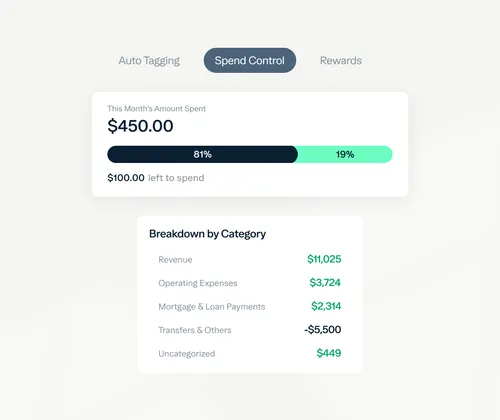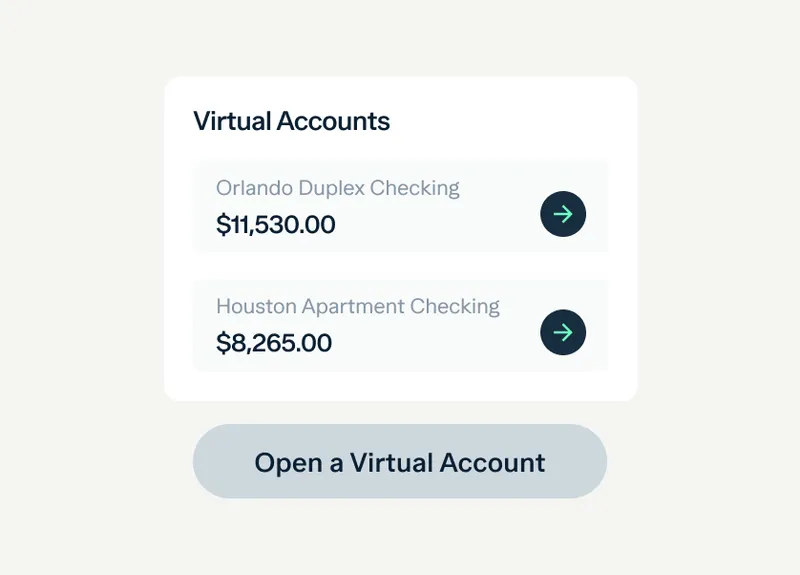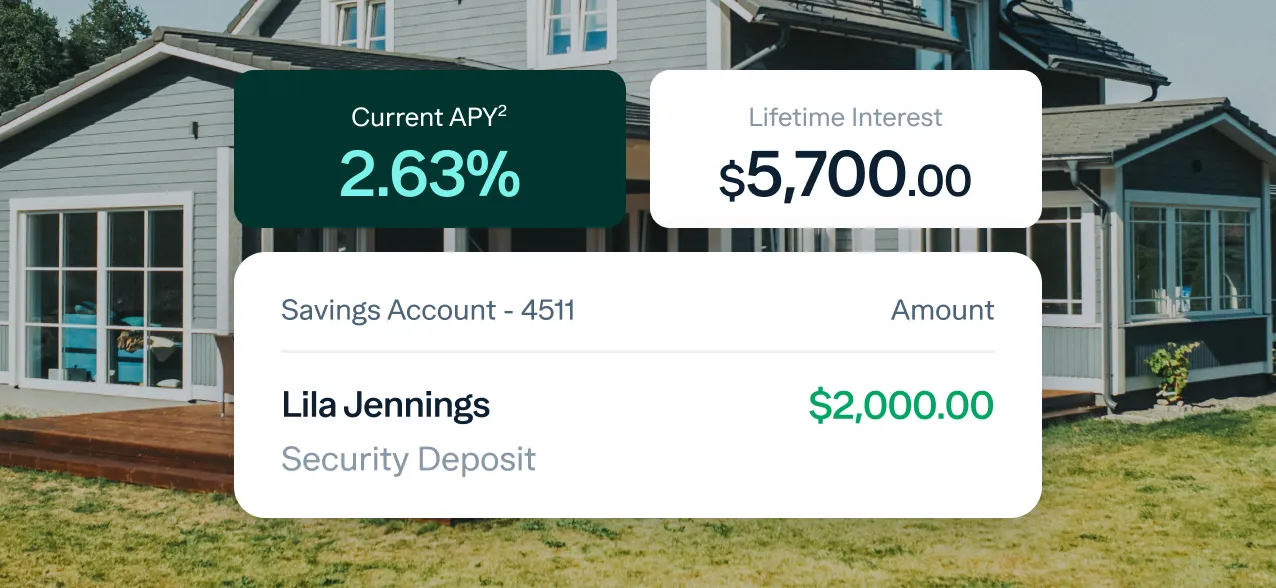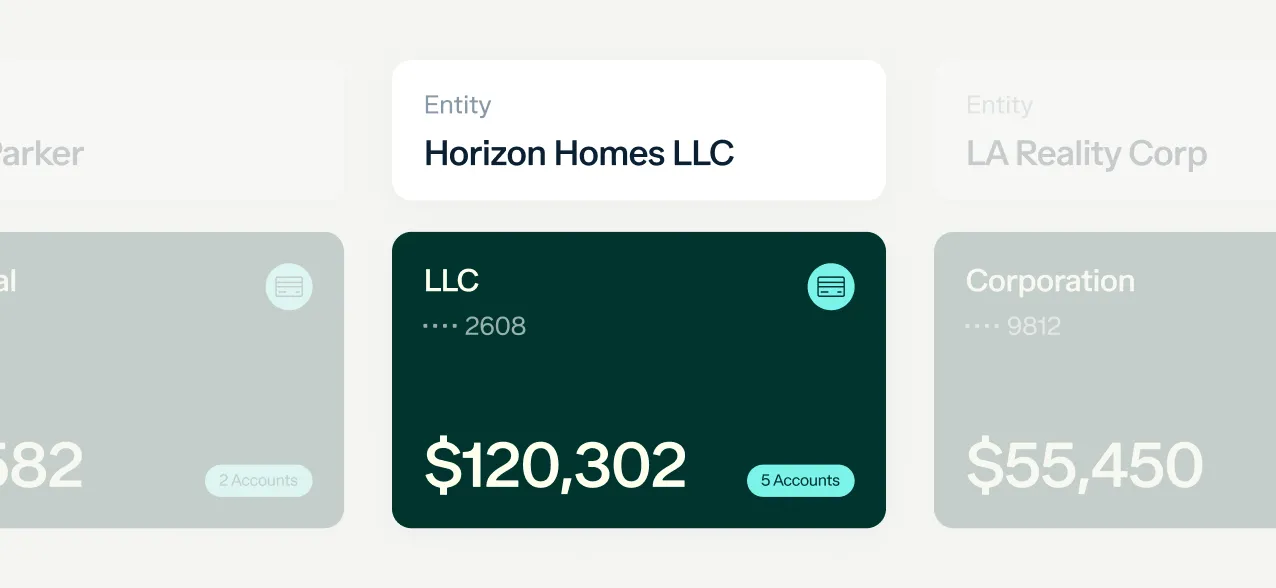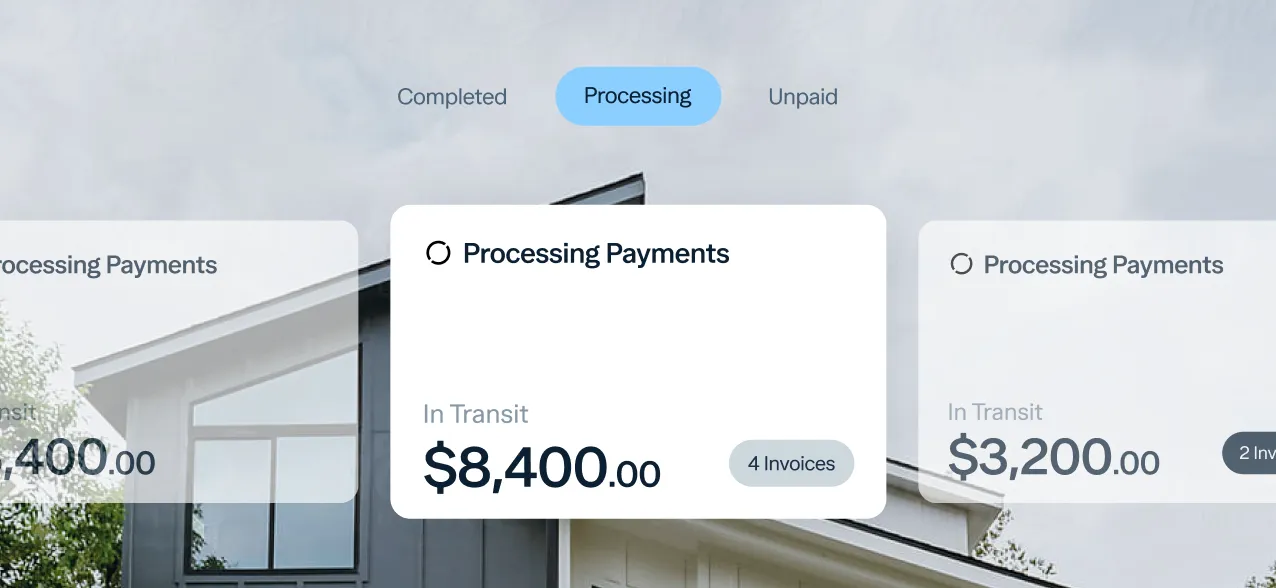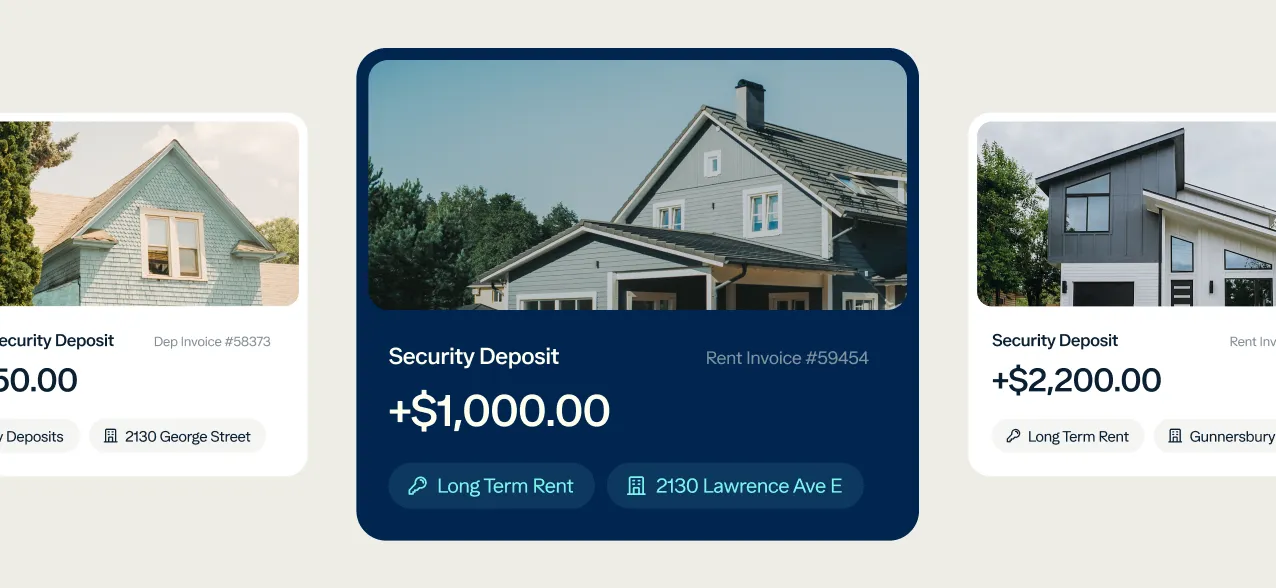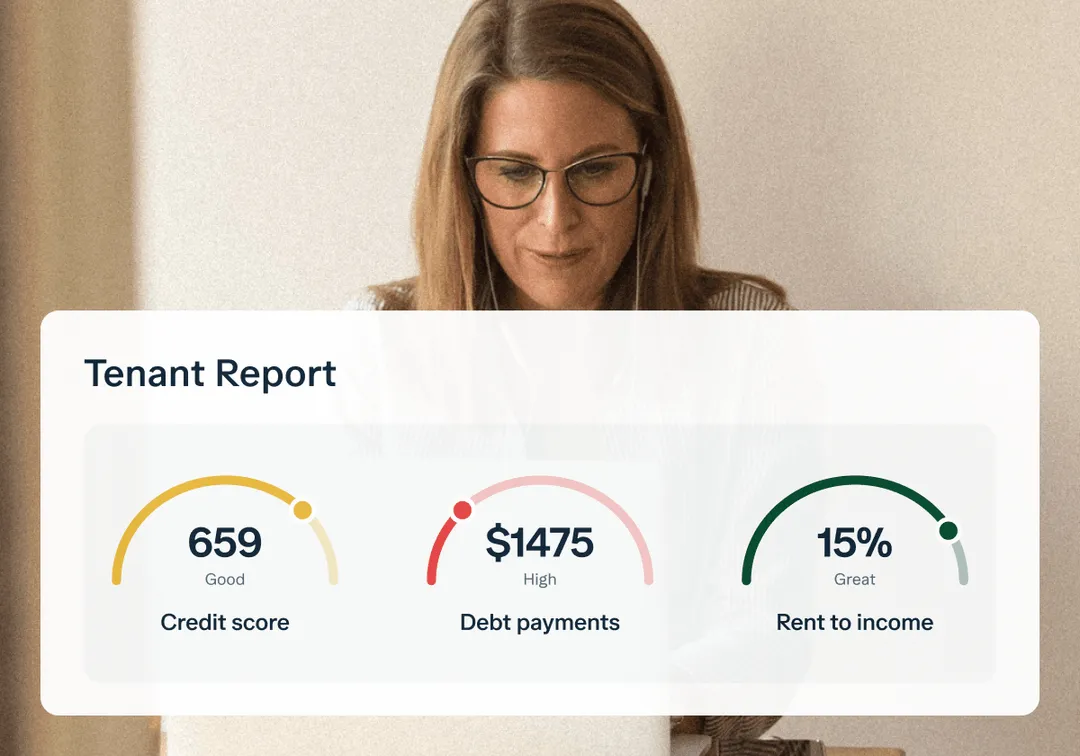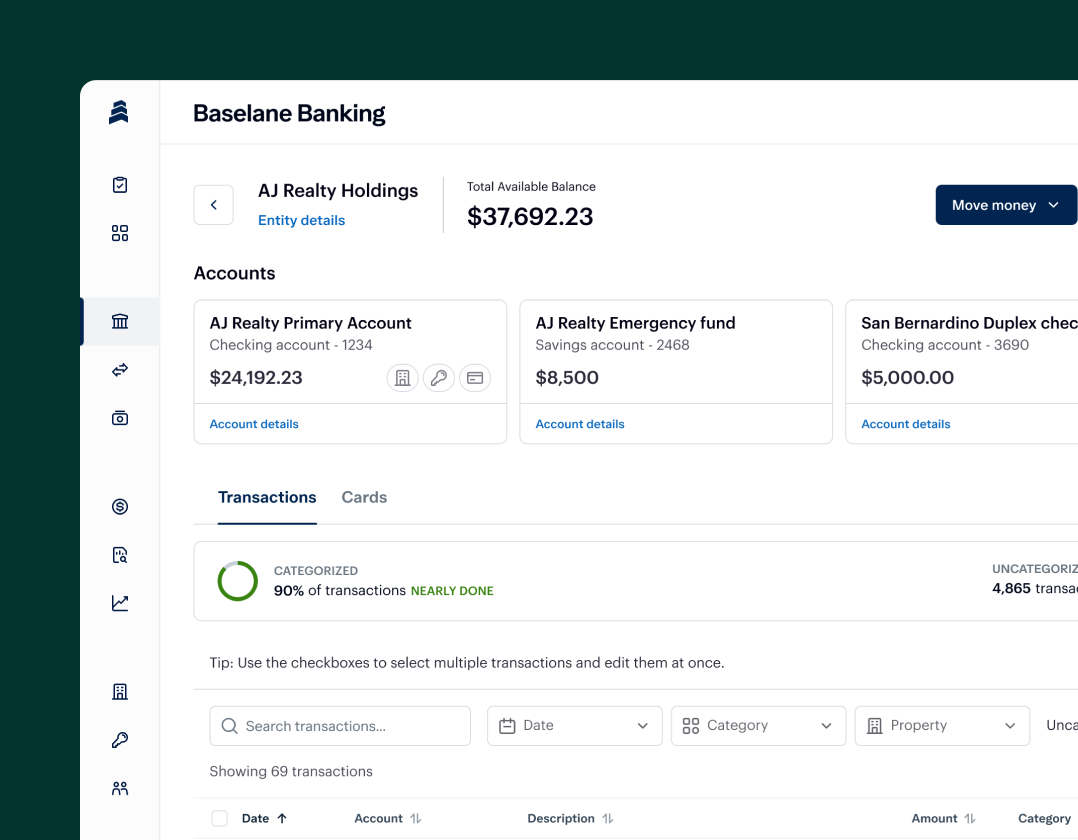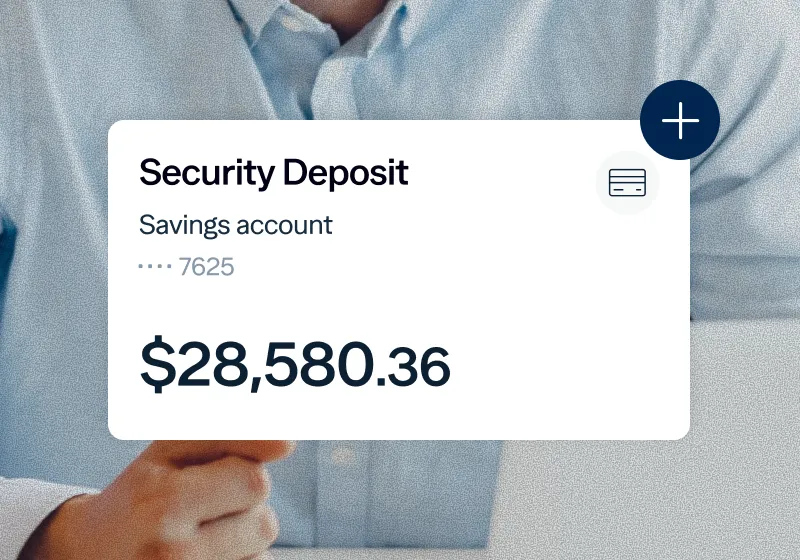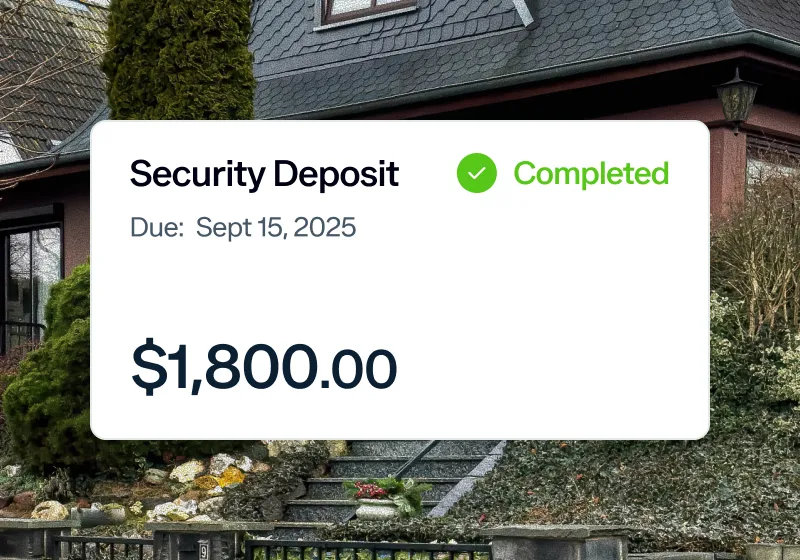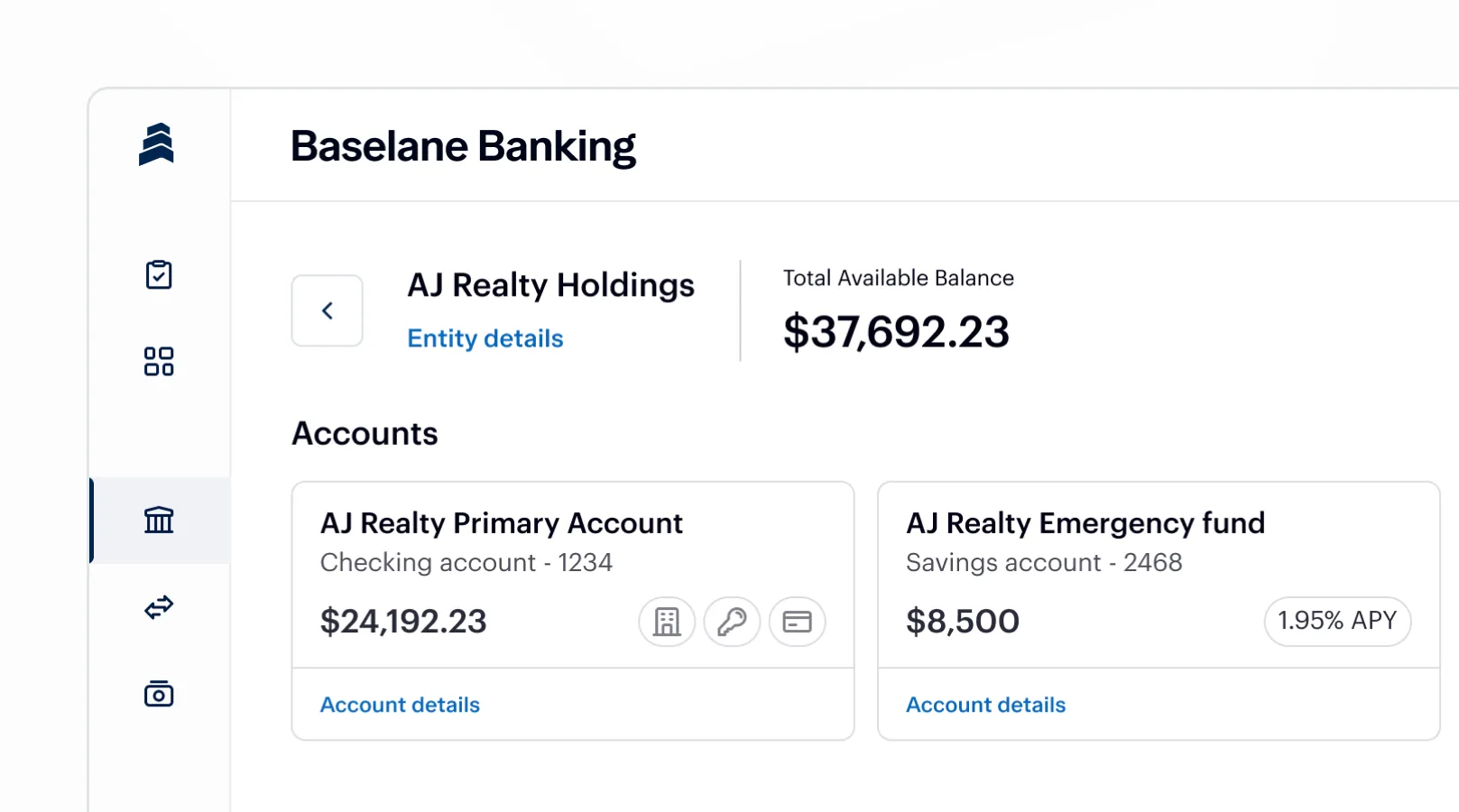In Maryland, you can collect up to 2 months' rent for a security deposit.
Security deposit rules in {{ state }}
Limit: In Maryland, landlords may collect a tenant security deposit of up to two months’ rent, regardless of the tenant’s credit history, rental background, or lease type. Charging more than two months’ rent as a tenant deposit is prohibited under state law. The deposit amount must be clearly stated in the lease agreement, and landlords are required to manage it through a proper security deposit bank account in Maryland to comply with state regulations.
Return Deadline: The landlord must return the tenant security deposit, along with accrued interest, within 45 days after the tenant vacates the rental property. If any portion of the tenant deposit is withheld, the landlord must provide a written itemized list of deductions and related costs within the same timeframe. Failure to do so may make the landlord liable for up to three times the amount wrongfully withheld, plus reasonable attorney’s fees.
Acceptable Deductions: The tenant security deposit may be used to cover unpaid rent, late fees, damages beyond normal wear and tear, unpaid utilities, and cleaning or repair expenses necessary to restore the property to its pre-rental condition. The landlord must include documentation, such as receipts or written estimates, to justify all deductions from the tenant deposit.
Where to Deposit: Maryland law requires landlords to hold all tenant deposits in a separate, federally insured security deposit escrow account in Maryland. The account must be located at a financial institution that conducts business within the state and cannot be commingled with personal or operating funds. Landlords must also pay tenants simple interest on the deposit, currently set at an annual rate established by the Maryland Department of Housing and Community Development, whether the account itself is interest-bearing or not. Using a landlord tenant security deposit bank account in Maryland ensures compliance with the state’s strict deposit-handling and interest-payment laws, protecting both landlords and tenants.







